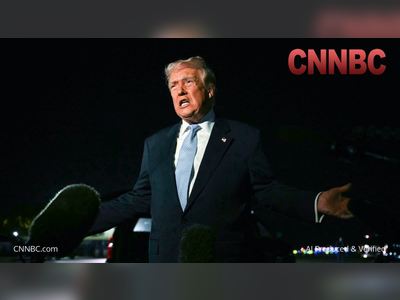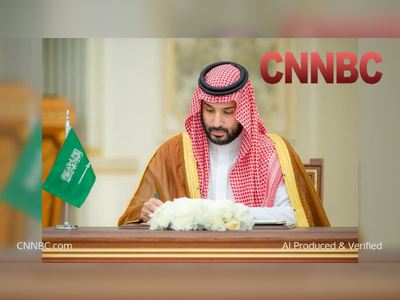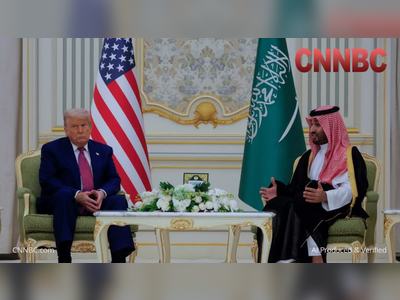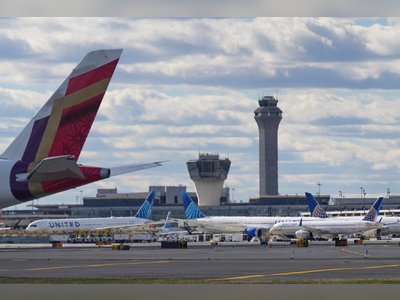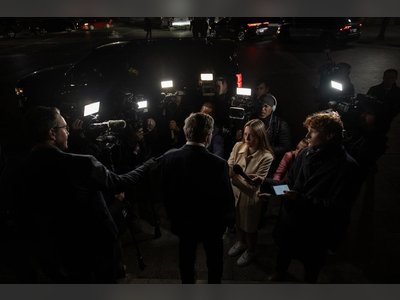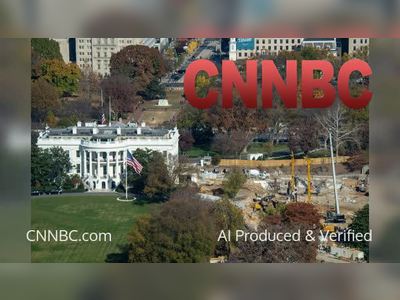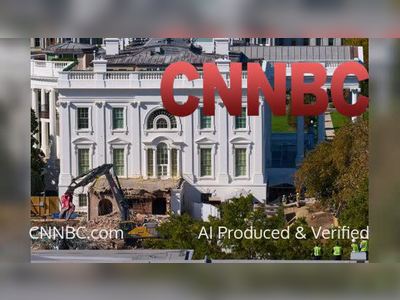Saudis Prioritise US Defence Pact and AI Deals, While Israel Normalisation Takes Back Seat
As Crown Prince Mohammed bin Salman visits Washington, Riyadh focuses on American guarantees and technology access rather than immediate ties with Israel
The forthcoming Washington visit by Saudi Arabia’s Crown Prince Mohammed bin Salman shines a spotlight on the kingdom’s strategic agenda: securing a defence pact with the United States, access to advanced artificial intelligence and acquiring civilian nuclear technology—while placing formal normalisation with Israel on a distant horizon.
From Riyadh’s perspective, the key prize lies in Washington, not Jerusalem.
Saudi officials signal that any agreement with Israel would be conditional on recognising a Palestinian state and securing tangible Israeli-Palestinian concessions.
That stance contrasts with the eagerness projected by Israeli leaders to regard Saudi normalisation as the “crown jewel” of the Abraham Accords.
Israeli Finance Minister Bezalel Smotrich’s dismissive remarks about Saudi ties merely underscore the gap between Israeli expectations and Saudi priorities.
President Donald Trump has made Saudi-Israeli normalisation a central goal of his Middle East strategy, viewing it as a diplomatic legacy worthy of a Nobel Peace Prize.
His administration is sequencing the agenda: first deliver Riyadh enhanced US security guarantees and advanced arms sales; only then move to formal recognition of Israel.
Yet Riyadh appears content to extract US commitments without the immediate burden of normalisation.
Saudi demands include a comprehensive defence framework, access to F-35 fighter jets and the green light for a civilian nuclear programme—all aligned with the kingdom’s Vision 2030 economic diversification strategy.
For Israel, the risk is that the United States may accede to Saudi security requirements without demanding reciprocal diplomatic recognition, diminishing Jerusalem’s bargaining leverage.
As the US and Saudi sides prepare for the high-stakes talks, the region watches closely.
The outcome will shape not only the future of Arab-Israeli diplomacy, but also the broader architecture of Gulf security, US influence and the regional balance of power in an era of shifting alliances.
From Riyadh’s perspective, the key prize lies in Washington, not Jerusalem.
Saudi officials signal that any agreement with Israel would be conditional on recognising a Palestinian state and securing tangible Israeli-Palestinian concessions.
That stance contrasts with the eagerness projected by Israeli leaders to regard Saudi normalisation as the “crown jewel” of the Abraham Accords.
Israeli Finance Minister Bezalel Smotrich’s dismissive remarks about Saudi ties merely underscore the gap between Israeli expectations and Saudi priorities.
President Donald Trump has made Saudi-Israeli normalisation a central goal of his Middle East strategy, viewing it as a diplomatic legacy worthy of a Nobel Peace Prize.
His administration is sequencing the agenda: first deliver Riyadh enhanced US security guarantees and advanced arms sales; only then move to formal recognition of Israel.
Yet Riyadh appears content to extract US commitments without the immediate burden of normalisation.
Saudi demands include a comprehensive defence framework, access to F-35 fighter jets and the green light for a civilian nuclear programme—all aligned with the kingdom’s Vision 2030 economic diversification strategy.
For Israel, the risk is that the United States may accede to Saudi security requirements without demanding reciprocal diplomatic recognition, diminishing Jerusalem’s bargaining leverage.
As the US and Saudi sides prepare for the high-stakes talks, the region watches closely.
The outcome will shape not only the future of Arab-Israeli diplomacy, but also the broader architecture of Gulf security, US influence and the regional balance of power in an era of shifting alliances.


